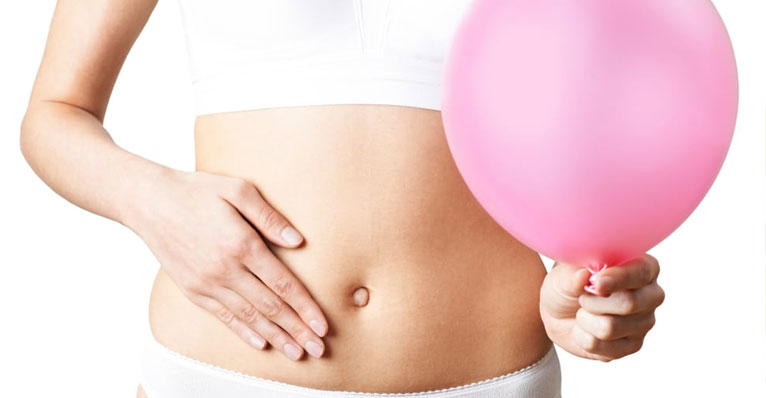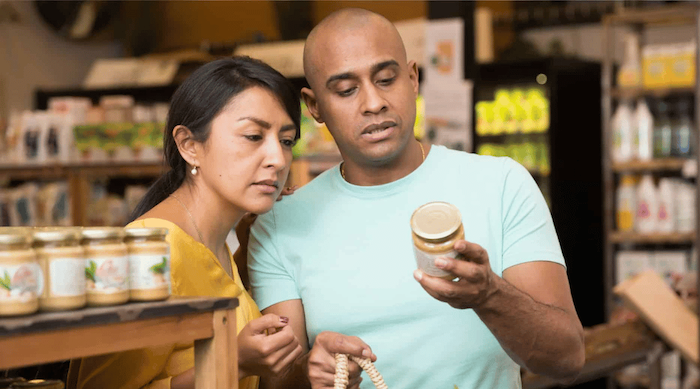When was the last time you went to your GP & walked away feeling inspired to improve your gut
health? Or, did you just walk away with an IBS diagnosis, birth control pill’s and instruction’s to
drink more water?
What I have learnt through my chronic gut health journey is that when we focus on treating the
symptom (e.g. bloating), and not the root cause, we end up frustrated, broke and lose all
motivation to improve our health. So, let’s understand what root causes are, and address the
underlying cause rather than just the symptoms.
What is bloating?
First, what is bloating? Bloating is that feeling of fullness and pressure from the inside, often
pushing your abdomen out – Usually, worse a couple of hour’s after eating, but in some cases, I
see it, within 20minutes of eating and lasting for hours. Many women claim they look pregnant,
feeling full (without haven’t eaten more than a salad), and sometimes pairing the bloating with
smelly gas.
Besides a weekend of overindulgence in pasta, wine and dairy, what else can cause bloating?
Well, it may actually be your healthy diet – All those fruits and vegetables can be tricky to digest
in a poor gut!
What Causes Bloating?
The most common cause of bloating is an overgrowth of opportunistic or “bad” bacteria, which
ferments the food in your intestines, causing gas and bloating. If you don’t have adequate levels
of “good” bacteria in your gut, you cannot digest the fibre from fruits and vegetables. The trillions
of bacteria in your intestines are responsible for the digestion of your food, therefore without
them, the food goes undigested, causing fermentation and gas.
How to reduce bloating
How do we rebuild the good gut bacteria to be able to digest, absorb our fruits and vegetables
adequately? Just like building your muscles in the gym, you can build up your fibre-feeding
bacteria, by adding in 5grams of fruits or vegetables, each week. Start with adding small
amounts of fibrous fruit & vegetables into each meal and track your symptoms. Over time your
good bacteria will increase, allowing you to tolerate that food. I suggest avoiding legumes,
gluten and soy until you can tolerate a large range of fruits and vegetables first. We never want
to remove foods long term, (4-6 weeks max is best), but if you are getting symptoms from them,
you may need to address the severe bacteria overgrowth with herbal remedies, and an
elimination diet, before adding them back into your diet.
If you have been struggling with bloating or IBS for years, you may want to consider getting a
stool test done, and analysis the levels of good to bad bacteria, the yeast population and if there
are parasites within your digestive tract that may be causing symptoms.
Lastly, if you are struggling with bloating today, here are 5 quick things you can do:
- Eat slowly, and ensure you are relaxed when eating.
- Avoid large amounts of fluid around meals.
- Avoid triggers such as legumes, gluten, dairy, garlic and onion.
- Take digestive enzymes or bitter herbs with meals, some helpful digestive foods include
- fennel, ginger, cinnamon and peppermint.
- Take a probiotic with the strain Bifidobacterium infantis, which has been shown to relieve
- GI discomfort.






